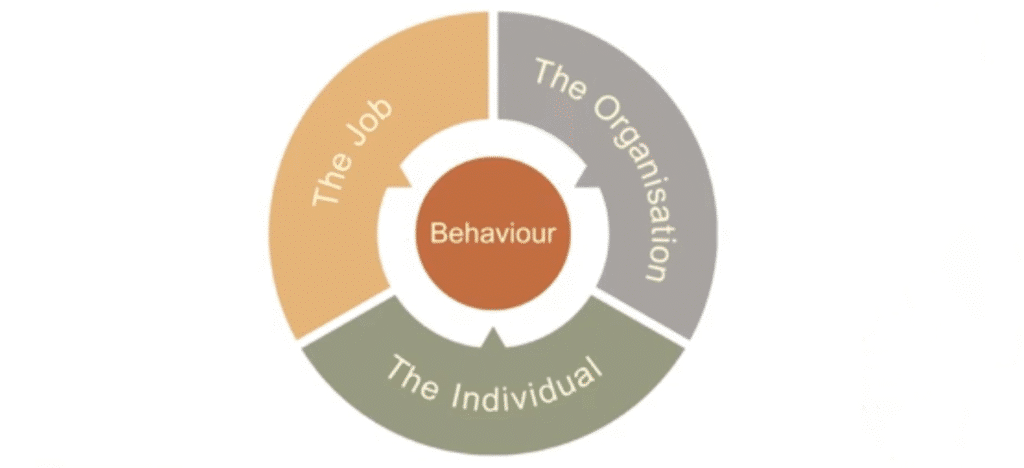Element 3.3 (Human Factors Which Influence Safety-Related Behaviour)

Organisational Factors
- Safety culture.
- Commitment and leadership.
- Resources available.
- Work patterns.
- Communication.
- Levels of supervision.
- Peer group pressure.
- Consultation and worker involvement.
- Training.
Job Factors
- Task.
- Workload.
- Environment.
- Displays and controls.
- Procedures.
Individual Factors
- Competence
- Knowledge.
- Ability.
- Training.
- Experience.
- Skills
- Personality
- Attitude
- Motivation: the thing that is making a person do what they do:
- Rewards/incentives.
- Positive or negative.
Attitude
A person’s point of view or way of looking at something; how they think and feel about it.
Can be changed by:
- Education and training.
- High-impact interventions.
- Enforcement.
- Consultation.
- Involvement.
Risk Perception
Perception: the way a person’s brain interprets information sent to it by their senses:
- Sight.
- Hearing.
- Smell.
- Taste.
- Touch.
Organisational Factors
Factors that can distort a person’s perception of hazard and risk include:
- Illness.
- Stress.
- Fatigue.
- Drugs and alcohol.
- Previous experiences.
- Training and education.
- Use of PPE.
- Workplace conditions, e.g., high noise levels.